VR, or virtual reality, is something we’ve seen more and more over the past few years. While the three-dimensional, computer generated environment is currently limited to small niches, it has the potential to be used for a wide range of functions across various sectors. In this post, we will take a closer look at 5 of the sectors that VR could have a huge impact on…
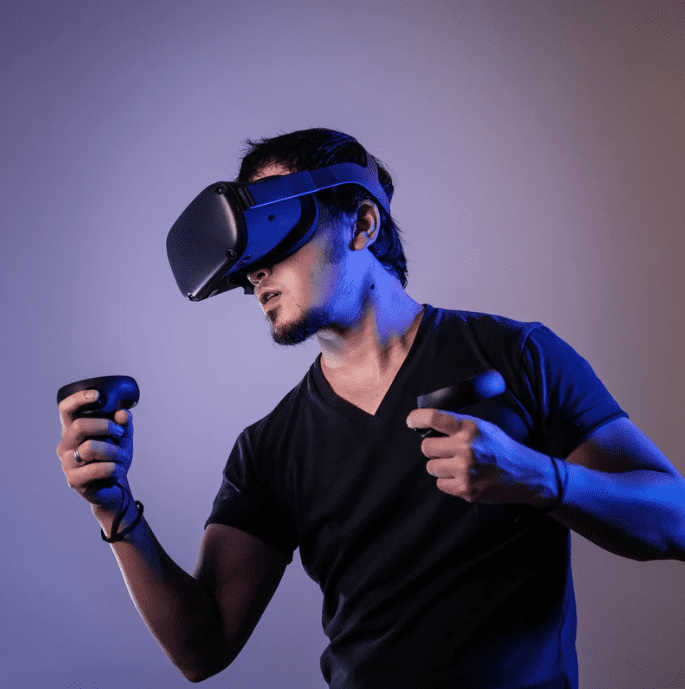
Table of Contents
1. Digital Marketing
There are a number of ways virtual reality can be used within digital marketing. Immersive storytelling, showcasing your products and developing relationships with customers can all be made easier with this new way of displaying your ‘reality’. For example, back in 2014, the New York Times took full advantage of the emerging technology and sent each of their subscribers a pair of Google cardboard glasses to watch a VR film. Not only did this engage a huge percentage of their readership, but also facilitated a relationship between themselves and Google.
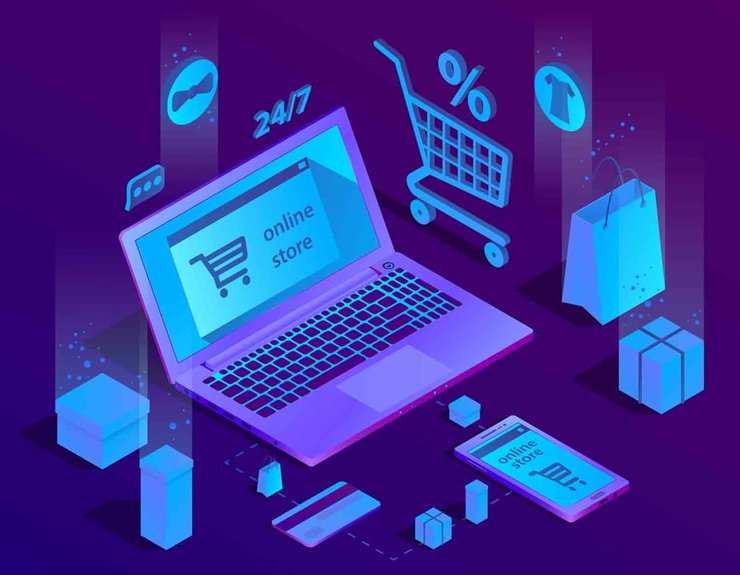
2. Online Gaming
It’s no surprise that gaming is one of the most well-known industries to make the most of VR. Virtual reality headsets are a hugely popular feature for many of the largest gaming companies, including PlayStation, and give gamers a new way to immerse themselves in their favourite games. But, recently, VR has seen a shift from physical gaming to online. Nowadays, many online gaming sites, including the Casino Market, offer a virtual reality experience to involve their users and offer a new experience.
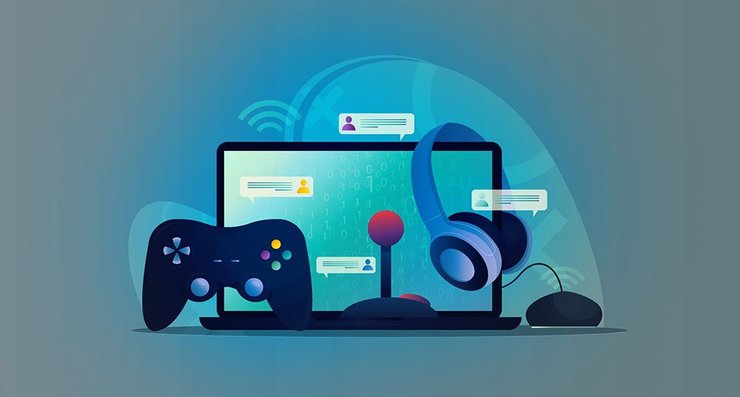
3. Health Sector
The medical industry is one of the largest sectors that could benefit from VR. Not only can it improve diagnosis and medical development, it can also be used in procedures and surgeries. In 2016, a UK doctor used VR to live stream an operation across the globe, helping to educate new doctors and develop new techniques. Similarly, a Belgian psychologist is using the technology to change the way patients experience pain and anxiety when going into an operation.
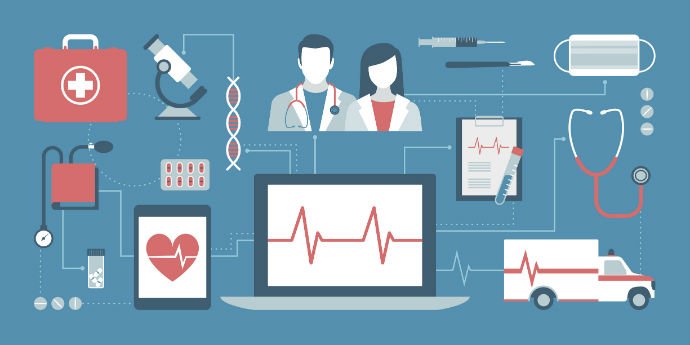
4. Education
Virtual reality can transform education in a number of ways. Firstly, it allows the reach of one teacher to be almost limitless. With live streaming and immersive video recordings, students across the world could tune in to one lesson. Also, VR is being used within lessons themselves. Taking a virtual trip to space in your science lesson, having a look inside a human body in biology or virtually visit the Colosseum in history – when using VR, there are limitless possibilities for teachers and students.
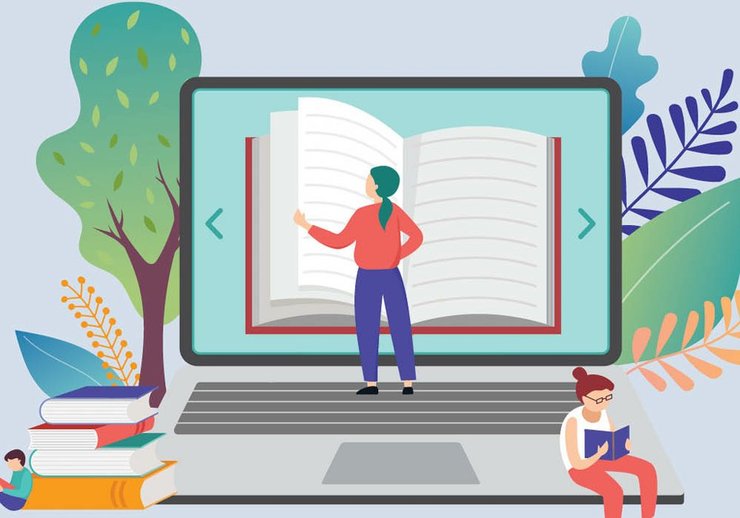
5. Retail
How many times have you got an item home before realising it doesn’t fit, doesn’t match your decor or isn’t what you imagined it to be? Probably countless. With virtual reality in retail, you can make informed decisions on products before getting them home. Companies such as Home Depot allow you to ‘try out’ a paint colour on your wall at home before buying, saving you time and money trying out numerous testers. There are constant changes when it comes to the involvement of VR in every industry, so it’s only a matter of time before it starts to be implemented in almost every aspect of life.
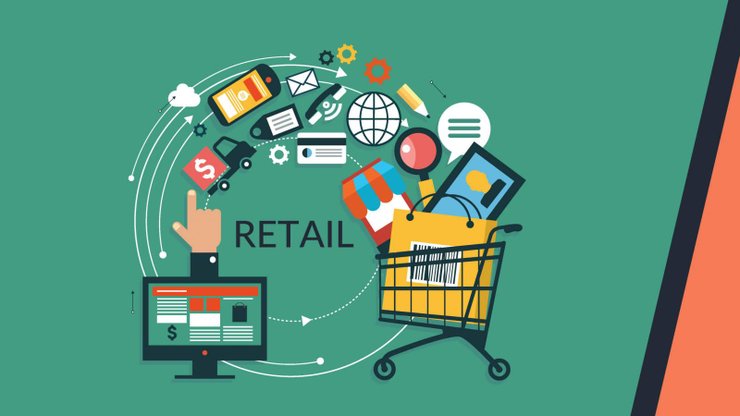

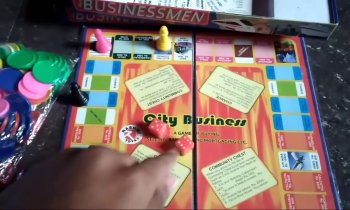












Comments